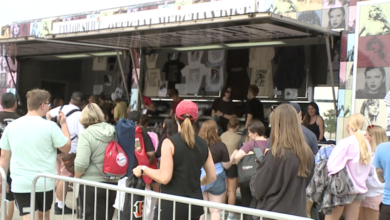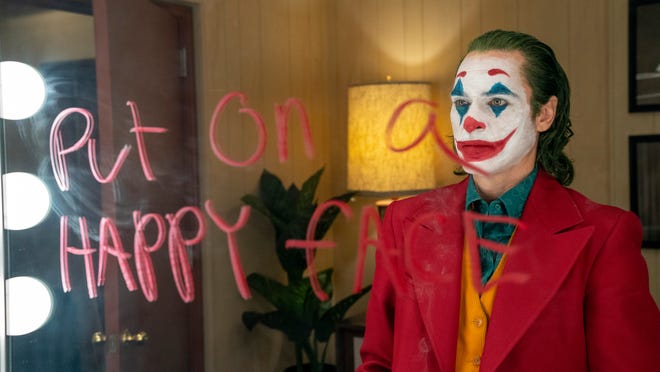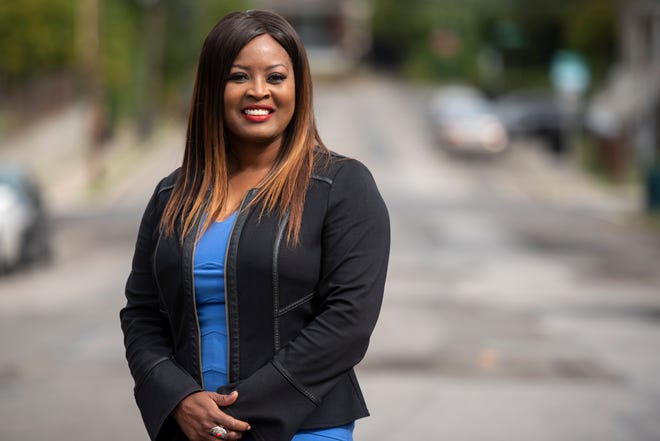
DENVER, Colo. — The local craft beer scene and farm-to-table movement have shifted a focus on where our food comes from, and the trend is far from over. We're now seeing that same concept make sweeps in the fashion industry.
Behind every piece of clothing is at least one artist and an art form, that in many cases, has been replaced by fast fashion.
"You know your grandma probably knows how to sew but your mom doesn't know how to sew or your dad doesn't know how to sew," said Skye Barker Maa, the owner of Factory Fashion.
However, at Factory Fashion in Aurora, Colorado, the art of design is being nurtured.
"People want to know where their clothing is made. They want to know where their food is grown. They want to know what it's made of and what it includes and make sure that the people who are making the clothing are taken care of," Barker Maa said. "For us, for small batch, we're trying to check as many of those boxes as well."
The concept of small-batch manufacturing is simple. Barker Maa explains it encompasses creating on a smaller scale in a more intimate setting and straying away from the concept of mass production. That's where many artists are initially pushed.
"You're probably going to call New York or L.A., a big house where they do everything and they are going to tell you, 'Yes, we'll help you if you make three to 500 of those,' so you're probably not going to have that money. You're going to be not ready to make a 300 garment investment in something if you don't know if it's real or not," Barker Maa said.
Just like we've seen with farm-to-table food and local craft beer, shopping is following this local movement.
"I think we went through this huge phase of trying to get as much as we can for as little as we can and I'm not suggesting that doesn't exist anymore, but I also think we're now willing to pay a little more to understand the full scope of how our products come to us," Barker Maa said. "The more you start paying attention to where everything comes from, the more you understand the people who are behind the products that you wear."
Many of those people, like designer and sewer Geli Hayes, have stories of dedication.
"I basically am self-taught. I started sewing about five years ago, bought my first sewing machine, actually skipped my rent just to buy my first sewing machine and some fabric back then. And that's how I knew I loved it because I'm not going to skip rent for anybody," Hayes said.
For her, it's about seeing that fabric turn into a finished garment.
"Sometimes, when I'm here, at the job, they have to like tell me to go home because I just want to keep sewing," Hayes said.
Small-batch fashion has given Hayes the creative freedom and opportunities she says she likely wouldn't have gotten at a larger operation.
"I think if I were to be actually working for a huge manufacturer or a huge factory, I wouldn't have for one got the position let alone learn stuff on the way," Hayes said.
"That's the bigger differentiator for us, is providing an opportunity for people to be local and providing an opportunity for them to be financially flexible as they move through the process," Barker Maa said.
Artists like these are in every city across this country that's why these designers say don't pass by the local shop.









